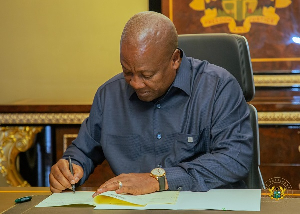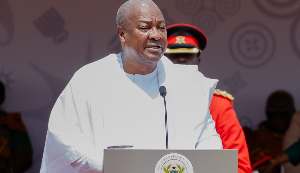It is getting easier for Africans to travel across their own continent over the year.
While the African Union has long held up its goal of integration and freer movement of Africans within the continent, the reality is that perennially, it has been easier for North American or European passport holders to travel around Africa than for Africans themselves. But, thanks to slow and incremental progress, that’s starting to change for African travelers.
For the first time Africans have travel access to 51% of the continent and now only need visas to travel to fewer than half of other African countries, according to the Africa Development Bank’s Visa Openness Index for 2019. Of the 51% of countries Africans can access more freely, 26% offer visas on arrival while 25% do not require prior visas from African travelers.
Much of the progress is down to several countries on the continent opting for more liberal visa requirements from African travelers. Ethiopia announced a more liberal visa on arrival policy for African travelers last October and jumped a record 32 places on the Visa Openness index. Senegal, Angola, Ghana, Benin and Gabon are also credited with taking up more open visa policies for Africans over the past year. Overall, 28% of African countries improved their visa openness scores in the period.
There are already signs that liberalization of visa regimes in Africa will continue over the next year as well. Nigeria, Africa’s largest economy, has already committed to begin issuing visas on arrival for all African nationals this year.

While easing visa rules is one thing, smoother air travel for travelers across the continent is quite another. Yet, the African Union has also recorded strong progress in this regard with the launch of the Single Air Transport Market initiative to ensure cheaper and more regular direct flights between African countries.
Long-term, the benefits of a continent with more open borders for African travelers ranges from increased intra-Africa trade to boosting local tourism industries. There’s already evidence of what’s possible as a 2017 report by United Nations Conference on Trade and Development showed Africans accounted for 40% of international tourist arrivals on the continent despite erstwhile visa and travel complications.

But despite progress recorded, there is still a long way to go exemplified by Equatorial Guinea, the tiny oil-rich state which props the Visa Openness index as it still requires pre-acquired visas from all Africans. But the African Union can always look to Seychelles and Benin as the ultimate models for its ambitions for full integration: both countries are now totally visa-free to all African travelers.
Africa News of Sunday, 12 January 2020
Source: qz.com
Africans can now travel across more than half of the continent without getting visas beforehand
Entertainment












